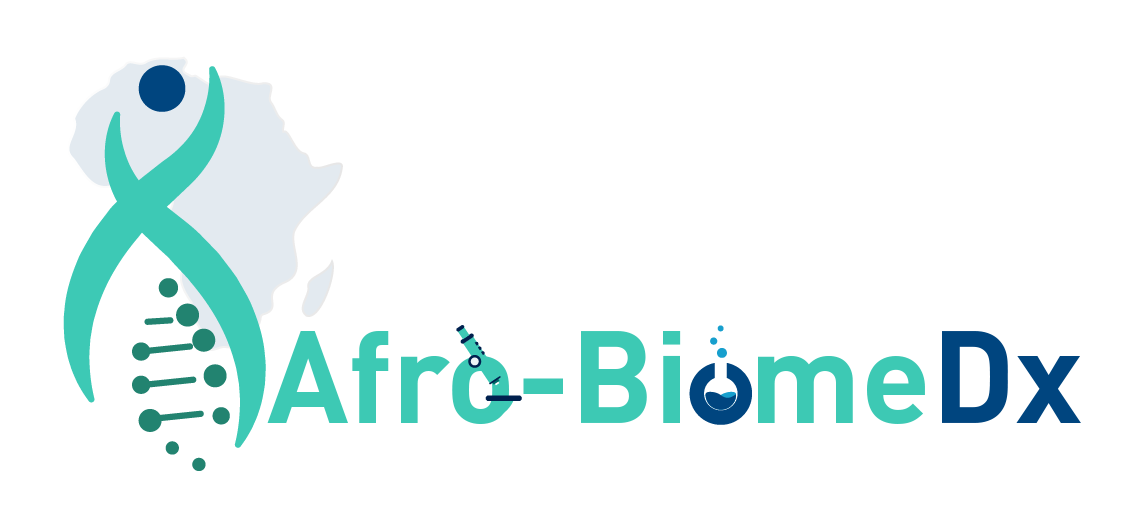Immunogenetics and Cellular Immunology Laboratory
The laboratory offers comprehensive quality testing and consultation in three distinct NYSDOH areas of accreditation: histocompatibility, cellular immunology, and transplant monitoring.
We provide a full range of pre- and post-transplant immunological tests for recipients and donors of solid organs or hematopoietic stem cells,such as:
OUR RESEARCH
It also hosts several active research interests relating to transplantation outcomes, generation of immunological tolerance, and new biomarker discovery and characterization.
Other immunologists – “clinical immunologists” – are clinicians who focus on the diagnosis and management of diseases of the immune system, such as autoimmune diseases and allergies. For more detailed information on immunology careers, please refer to our careers section.
- Identifying antibodies. These are proteins made by a type of white blood cell in response to a foreign substance (antigen) in the body.
- Investigating problems with the immune system. …
- Determining organ, tissue, and fluid compatibility for transplantation.
The important lymphoid organs of the immune system are the thymus, bone marrow, and chief lymphatic tissues such as spleen, tonsils, lymph vessels, lymph nodes, adenoids, and liver.

